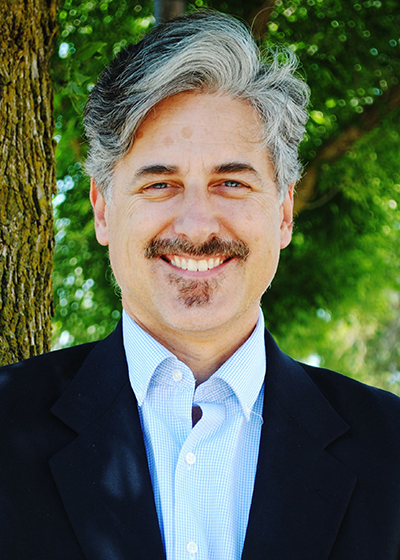“If this is passed it will dramatically and dangerously decimate the substance abuse workforce in Michigan,” said Schmiege, who is also director of integrated health at Hegira Programs Inc., a Wayne County nonprofit mental health and substance abuse treatment agency.
“This would affect the entire state of Michigan, shore to shore, coast to coast. There is no county that would not be affected.”
She, too, said she is baffled why the state would propose such changes even as opioid deaths climb in Michigan. According to a recent state report, opioid-related deaths jumped by 47 percent in two years,
from 1,320 in 2015 to 1,941 in 2017. And there’s evidence from a national study that the true volume of opioid
-related deaths may be higher, because of the way drug overdoses are coded on death certificates.
“The best thing to do is certainly not eliminate significant numbers of people in the substance abuse workforce,” Schmiege said.
Larry Horvath, director of LARA’s Bureau of Community and Health Systems, told Bridge Magazine the proposed regulations were developed over months with widespread input from substance abuse officials and agencies. He said officials determined the regulations needed updating to reflect changes in treatment.
“Administrative rules had not substantially changed, basically since 1981. Rules should be constantly reviewed to be sure they are compliant with today’s practices,” he said.
Horvath defended the proposal that detox centers provide 24-hour medical staffing, saying it’s necessary for patient safety.
“Detox is a medical process,” he said. “You have medical and physical changes going on in the person.”
Horvath also took issue with fears that the regulations could force some detox centers to close, saying: “We do have a disagreement with that.”
Horvath said there are 51 licensed detox centers in Michigan - including some with 24-hour medical staff - though he was unsure how many are social detox programs.
Horvath also disagreed with projections that new standards for certified addiction counselors could lead to widespread layoffs of treatment workers who lack current certification.
“That is not a correct statement,” Horvath said. “That person can still be employed.”
A LARA spokesman added the “proposed rules are also still in draft form” and the department welcomes comment as it tries to balance efficiency with patient care.
In the meantime, in a letter addressed to Horvath, the head of a Midland-based treatment network said the regulations would “effectively eliminate” detox programs across the state. The Midland-based Ten16 Recovery Network serves clients from eight counties across the middle of the Lower Peninsula.
“If this rule is adopted as proposed, Ten16 would be confronted with the decision to close the program,” said Sam Price, its president and CEO.
Price estimates a 24-hour medical staffing requirement would add $250,000 a year to the network’s detox center in Mount Pleasant. To sustain the program, he said it would have to raise daily charges by 57 percent.
“It doesn’t seem like there was lot of consultation done by the folks at LARA as they were putting this together,” Price told Bridge.













